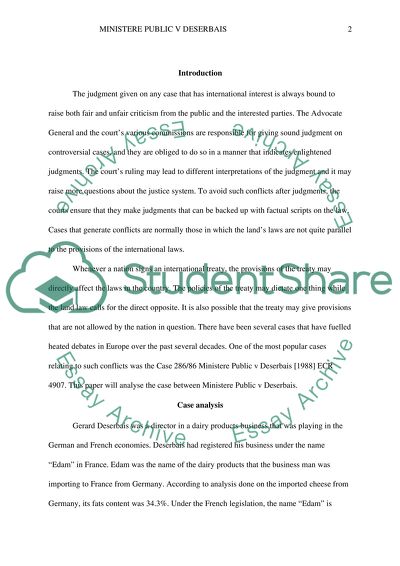Cite this document
(“Ministere Public v Deserbais Essay Example | Topics and Well Written Essays - 1250 words”, n.d.)
Retrieved from https://studentshare.org/law/1463387-write
Retrieved from https://studentshare.org/law/1463387-write
(Ministere Public V Deserbais Essay Example | Topics and Well Written Essays - 1250 Words)
https://studentshare.org/law/1463387-write.
https://studentshare.org/law/1463387-write.
“Ministere Public V Deserbais Essay Example | Topics and Well Written Essays - 1250 Words”, n.d. https://studentshare.org/law/1463387-write.


